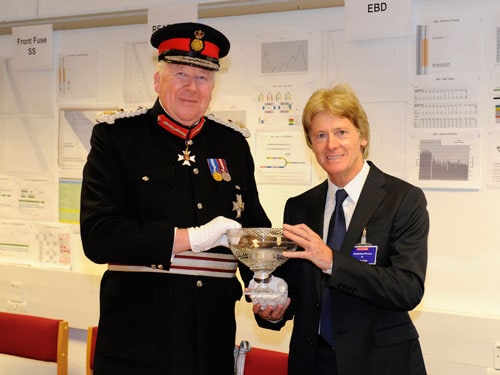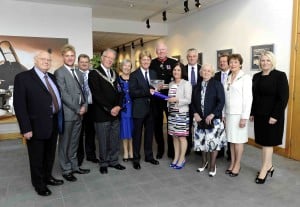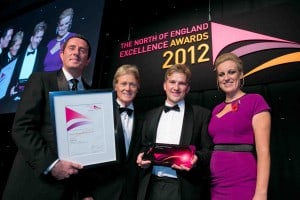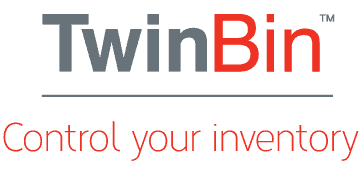When Stephen Clarke bought a company in 1979 and re-named it Hurst Green Plastics after the village in which it was situated, he had no idea that one day he would be making and marketing a product that could well revolutionise supply chain management.
The factory had originally been opened in 1860 to make wooden bobbins for local cotton mills, but had switched to injection-moulded plastic in 1955; one of the first to invest in the new plastics technology at that time. In 1979 it was producing disposable plastics products for the catering industry and looked a sound business proposition. It was well established, the machinery was modern and Stephen believed that he could use his commercial background to take the company forward into new markets.
Over the next few years, he developed a range of injection-moulded and vacuum formed products and expanded into other markets as well as catering, but it was an approach by a Liverpool company that provided that fateful opportunity that can so often shape a company’s future. This particular company sold nuts (the edible kind) to various outlets and HGP designed and supplied a special nut “pick-n-mix” scoop container that proved popular with supermarkets like ASDA and Safeway. Various improvements to the product were made before the MD of the nut company asked Stephen to design something more hygienic – a hands-free dispenser that, with the turn of a handle, dropped the nuts down into a bag.
Safeway, in particular, used the dispenser for a range of confectionery products and again, fate was to play an important role in HGP’s future.
An Airbus executive, who happened to be buying peanuts from a dispenser, suddenly had the idea that this same system could be adapted to dispense fasteners at the Airbus Broughton assembly facility. He got hold of the HGP’s address, contacted Stephen and asked him if he could design a special storage bin that could dispense rivets to the fitters on the production lines.
HGP’s first contract with Airbus was in 1997, for rivet dispensers on the Hawker line ( a design that was to win Airbus Chairman’s Gold Award for Innovation) and from there various improvements were made to make the bins cheaper, more efficient and more compact. These led to the two-tier bin, the multi-bin and eventually to today’s TwinBin™ and Kitting ranges.
“I had no idea I would be supplying some of the best-known names in aerospace when I started out” admits Stephen. “We’ve helped many companies save a great deal of money by reducing inventory and preventing shortages”.
And in 2012, the company received two fantastic business awards for innovation. Winning the prestigious Queen’s Award for Innovation whereby the company also received two passes to meet the Queen of England at Buckingham Palace, and they also won the North of England Excellence Award for Innovation.




